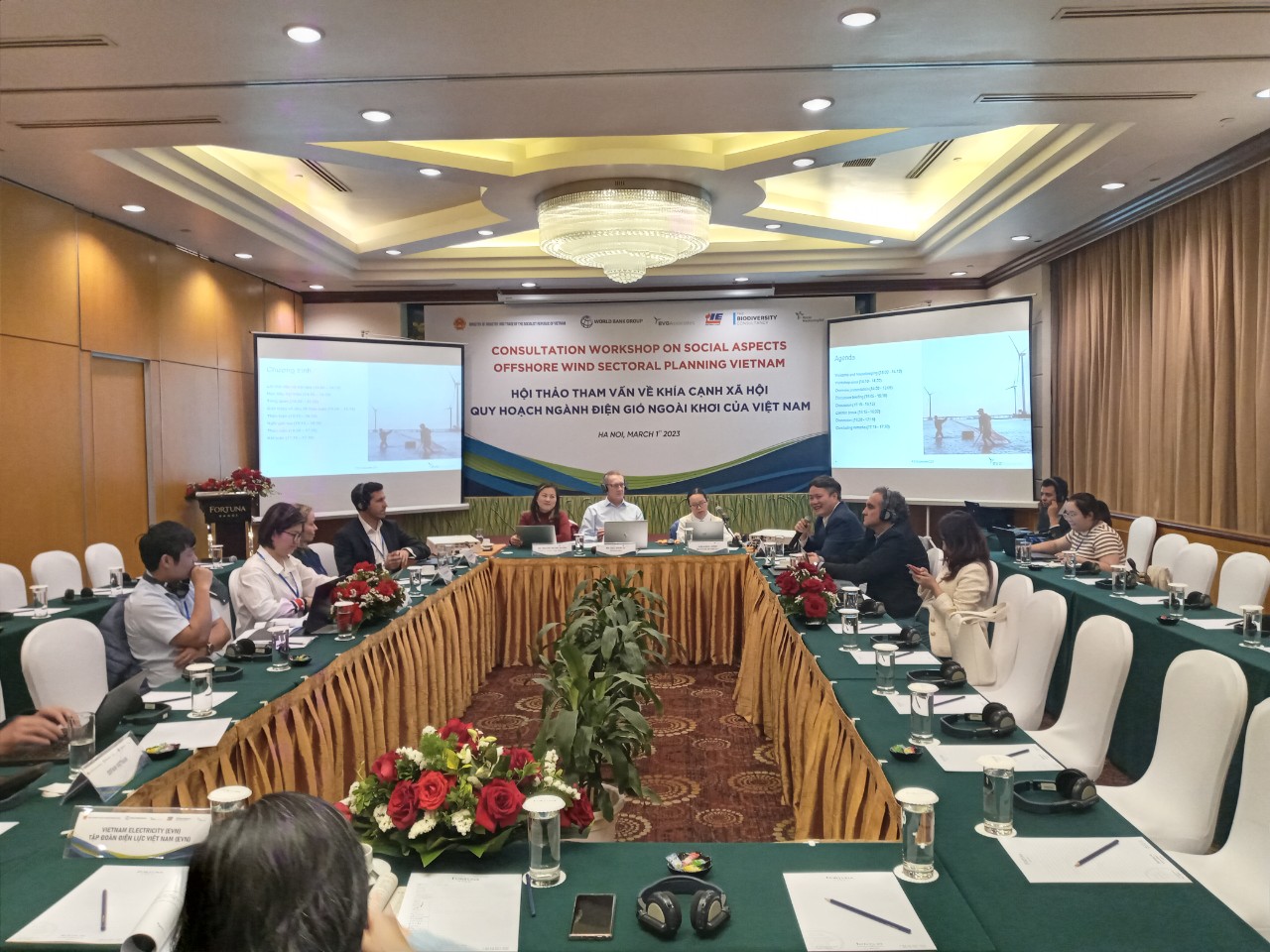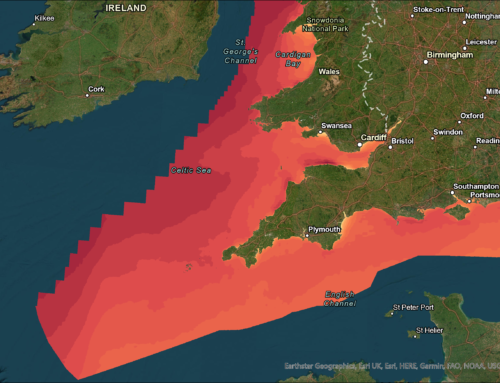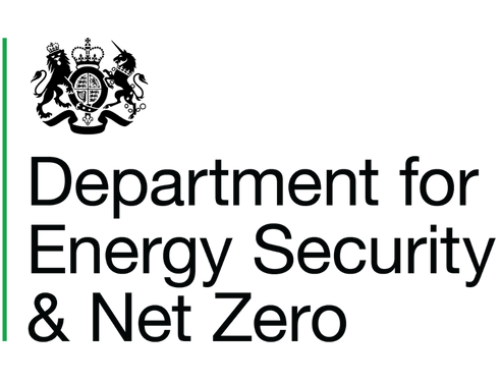A couple of weeks ago I had the privilege of visiting Hanoi in Viet Nam. I was there to take part in an intensive week of meetings, seminars and workshops with government and industry stakeholders to help accelerate the development of the offshore wind industry in Viet Nam.
My visit was the latest chapter of our work in Viet Nam that started back in 2019. Travel plans curtailed by COVID meant that we have not been able to meet project partners and stakeholders in person in that time. But this has shown us how much can be achieved without the carbon cost of international air travel.
I had the pleasure of meeting many people that we have been working with over the last three years, helping strengthen professional understanding and friendships. As with any offshore wind market, Viet Nam has its unique business and political cultures. Despite this uniqueness, offshore wind faces the same fundamental technical, regulatory, environmental and social challenges across the world. We help governments find ways to address these challenges in ways that work for their political culture.
Since 2019, BVG Associates have delivered the offshore wind roadmap for Vietnam and ongoing bidding framework support for The World Bank Group (WBG) and the Ministry of Industry and Trade (MOIT). We have also produced a detailed supply chain analysis for Equinor and the Norwegian Embassy. Private sector work has included a project specific economic benefit analysis for CIP’s La Gan project and a market entry strategy for an international energy business.
Our latest work for WBG and MOIT focusses on developing a marine spatial plan for offshore wind in Vietnam that facilitates the delivery of the offshore wind ambition in the 8th Power Development Plan. We are delivering this work with the support of an international team including Vietnam’s Institute of Energy, Royal HaskoningDHV, The Biodiversity Consultancy, and of course experts from The World Bank. Many thanks to the project team and all of the stakeholders that we met for making it such an informative and enjoyable week.
Rightly, the results of our work often focus on the technical, policy, economic, environmental and social factors required for an flourishing offshore wind sector. What really struck me during my visit was the power of human connections in overcoming those challenges.
The Viet Nam marine spatial plan project team is diverse, including team members from Viet Nam, Scotland, England, Italy, Australia, Netherlands, and France. This global village of talent brings a powerful diversity of culture, language, history, and experience. We are all driven by a shared goal of making offshore wind a success in Viet Nam for the sake of the Vietnamese people, economy and the planet.





